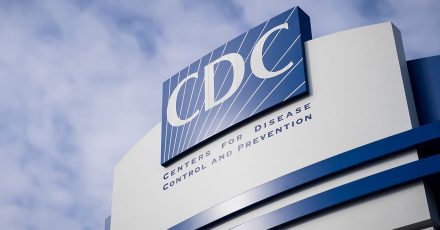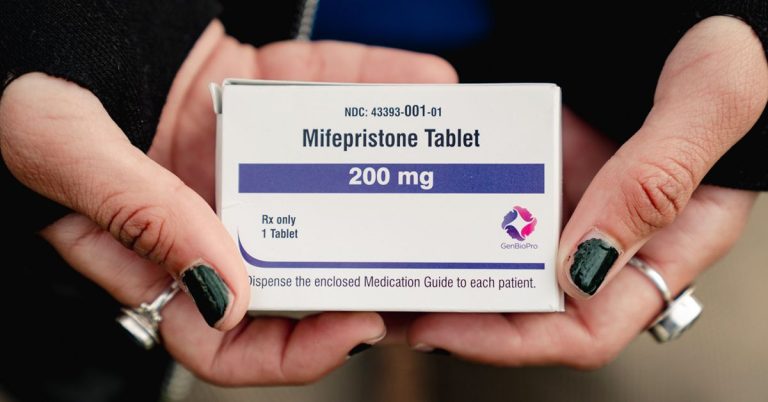The NHS waiting list in September was 7.39 million (an estimated 6.24 million patients), down 15,845 from the previous month and 230,000 fewer than July 2024. Figures released today show the NHS is the busiest it has ever been heading into winter, ahead of planned industrial action and a likely spike in flu.
The NHS has delivered 14,419,345 flu vaccines so far this autumn — over 160,000 more than at the same point last year (14,253,063, week ending 10 November 2024). This year’s winter planning began earlier than ever and stress-tested services against three stages: preparation, staying ahead and response. Patients are set to get better access to GPs thanks to a government investment of an extra £1.1 billion in general practice this year — the biggest funding increase in a decade.
A&E attendances and ambulance incidents reached records in October. A&E attendances were 2.36 million, 37,000 higher than October 2024 (over 1,200 more per day). Ambulance incidents rose to 806,441, nearly 50,000 higher than last year. Despite pressure, average ambulance response time for emergencies, including strokes and heart attacks, improved by almost 10 minutes compared with October 2024 (32 minutes 37 seconds).
The NHS is preparing for five days of industrial action by resident doctors beginning Friday. The public are advised to attend planned appointments unless contacted to reschedule. Primary, urgent and emergency care services will remain available. People should use NHS 111 online for urgent but non-life-threatening issues during strikes to be directed to the best place for care. For emergency medical care, use 999 or attend A&E as normal.
Professor Meghana Pandit, NHS National Medical Director, said it is positive the waiting list fell in September but warned staff “will be approaching their limits this winter,” noting flu is peaking early and industrial action follows the busiest October for A&E in NHS history. She urged eligible people to get flu, COVID-19 and RSV jabs, use NHS 111 for non-urgent help, and call 999 or visit A&E for life-threatening emergencies.
Health and Social Care Secretary Wes Streeting said investment and modernisation have helped reduce waiting lists and treat patients sooner, with plans to cut waste and reinvest savings in frontline care. He noted this is the first year in 15 years that waiting lists have fallen and that the NHS is “on the road to recovery.”
More than 2.5 million checks and tests (2,518,187) were performed in September, almost 150,000 (148,008) more than the previous month. For the first time, NHS performance statistics now include the performance of individual emergency departments across the country, paediatric emergency performance data, and data on mental health delays in emergency departments over 24 hours, fulfilling commitments in the Urgent and Emergency Care plan.





